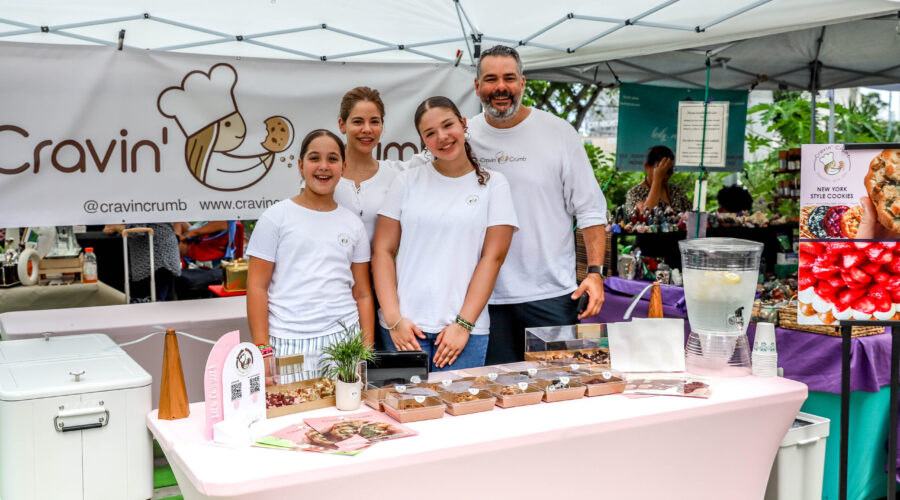The History and Growth of Farmers Markets in Miami
Farmers markets in Miami have come a long way from humble beginnings. Once small, scattered gatherings of local growers, these markets have grown into vibrant community hubs that celebrate Miami’s unique agricultural heritage and multicultural influences.
This blog explores the history and growth of farmers markets in Miami, how they’ve evolved, and why they matter today more than ever.
Early Beginnings of Miami Farmers Markets
Miami’s first farmers markets began in the early 20th century, coinciding with the city’s agricultural boom. Early markets focused on staple crops like citrus fruits, tomatoes, and tropical vegetables. These markets were essential for connecting local farmers directly with residents in rapidly developing neighborhoods.
- Local agriculture played a critical role in Miami’s economy.
- Markets served as social gathering spots where communities shared stories and traditions.
Expansion Through the Mid-1900s
By the mid-1900s, Miami’s population growth and urbanization transformed the city’s farming landscape. Many small farms gave way to suburban development, but farmers markets persisted as vital access points for fresh produce.
- Introduction of organized market spaces
- Inclusion of small food producers, artisans, and craftspeople
- Rise of weekend markets catering to working families
Modern Growth and Diversity
Since the 1990s, Miami farmers markets have experienced significant growth driven by:
- Increased demand for organic and locally sourced foods
- Rising health and sustainability awareness
- Support from local governments and business improvement districts
Today’s markets feature:
- Diverse vendors, including international foods and handmade goods
- Events with live music, cooking demos, and family activities
- Integration with digital tools like vendor and market management software
Why Farmers Markets Matter to Miami’s Future
Farmers markets contribute to Miami’s cultural identity and economy by:
- Supporting local farmers and small businesses
- Reducing food miles and environmental impact
- Building community connections in a fast-paced city
They also provide a platform for educating consumers about nutrition, sustainability, and local agriculture.
How Unite Worldwide Supports Miami’s Farmers Markets
At Unite Worldwide, we help vendors and market managers harness technology to grow Miami’s farmers markets efficiently. Our market management software simplifies vendor coordination, payment processing, and customer engagement, ensuring markets continue to thrive.
- Internal links:
External Resources
Conclusion
From its early agricultural roots to its modern-day vibrancy, the history of farmers markets in Miami reflects the city’s evolving identity and commitment to community. By supporting these markets, residents help sustain local farmers, promote healthier lifestyles, and keep Miami’s culture thriving.
Ready to become a part of Miami’s farmers market movement? Learn how to join as a vendor or market manager with Unite Worldwide.


